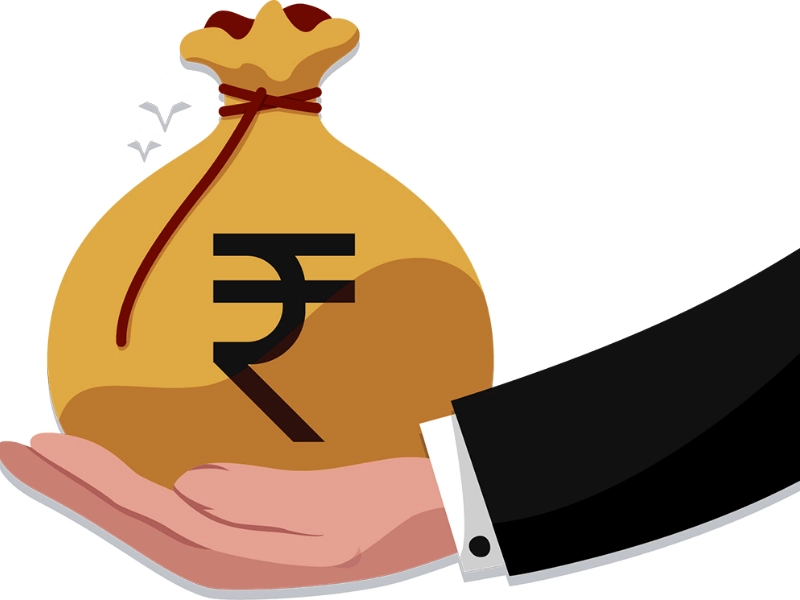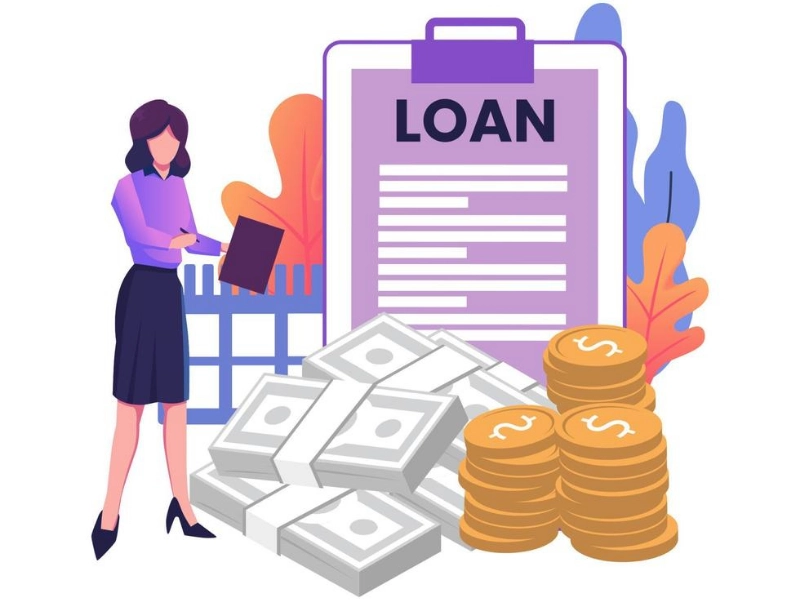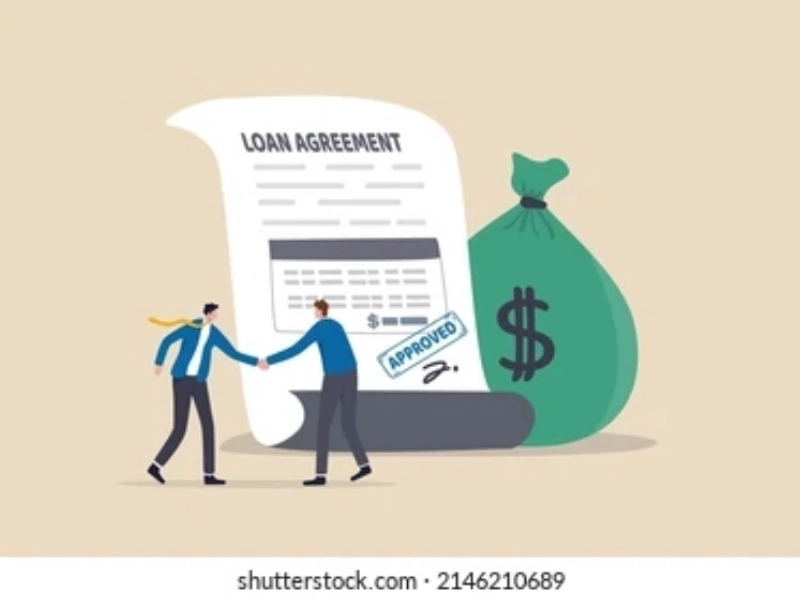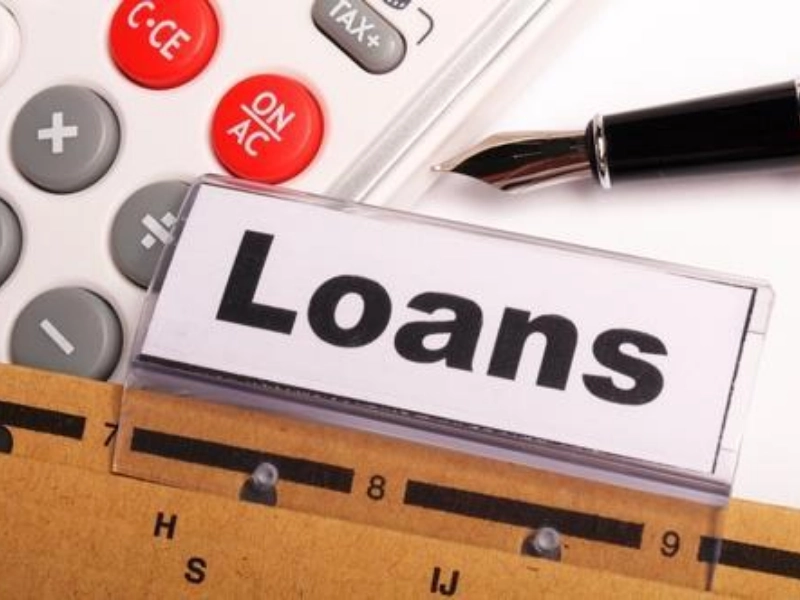With a mortgage, a person can purchase a home without having to pay the full amount up front. Usually, the loans have periods of fifteen to thirty years. A portion of the principal and interest are included in each payment. Spend some time calculating what your mortgage payment will be before you start the application process. Next, concentrate on homes that are within your means.

 Your down payment, or the amount you put down on the purchase of a property, has a big influence on how much your mortgage will cost. It may have an impact on the interest rate, loan conditions, and loan-to-value ratio. It might even make private mortgage insurance necessary.
A 20% down payment has historically been recommended for prospective homeowners. But these days, a lot of lenders let purchasers make a smaller down payment, and some financing programs don't require one at all.
You can gain from increasing your down payment in a number of ways, such as:
Financial commitment: Your lender can be convinced that you are serious about the purchase and that you will be able to afford your monthly mortgage payments if you provide a sizeable down payment. It can also assist you in swiftly accumulating equity and advancing toward full house ownership.
Your down payment, or the amount you put down on the purchase of a property, has a big influence on how much your mortgage will cost. It may have an impact on the interest rate, loan conditions, and loan-to-value ratio. It might even make private mortgage insurance necessary.
A 20% down payment has historically been recommended for prospective homeowners. But these days, a lot of lenders let purchasers make a smaller down payment, and some financing programs don't require one at all.
You can gain from increasing your down payment in a number of ways, such as:
Financial commitment: Your lender can be convinced that you are serious about the purchase and that you will be able to afford your monthly mortgage payments if you provide a sizeable down payment. It can also assist you in swiftly accumulating equity and advancing toward full house ownership.
 The total of your monthly payments affects your capacity to finance a home. A lot of variables, such as the loan amount and term, affect how much your mortgage payment will be. The amount of other debt you have and your salary are other significant factors. It is generally advised that the amount you pay for a mortgage should not exceed three times your total household income.
The total monthly home payment includes mortgage principal and interest, real estate taxes, homeowners insurance and supplementary coverage (such as flood insurance). Some lenders may also include HOA fees or other property-related costs in your mortgage payment.
Unlike rent payments, which are due on the first day of each month and cover that month's expenses, mortgage payments are made in arrears and typically represent one month's payment for the previous month. You can use a mortgage calculator to estimate what your monthly payments will be. Try changing the inputs for home price, down payment and mortgage interest rate to see how your monthly payments change.
The total of your monthly payments affects your capacity to finance a home. A lot of variables, such as the loan amount and term, affect how much your mortgage payment will be. The amount of other debt you have and your salary are other significant factors. It is generally advised that the amount you pay for a mortgage should not exceed three times your total household income.
The total monthly home payment includes mortgage principal and interest, real estate taxes, homeowners insurance and supplementary coverage (such as flood insurance). Some lenders may also include HOA fees or other property-related costs in your mortgage payment.
Unlike rent payments, which are due on the first day of each month and cover that month's expenses, mortgage payments are made in arrears and typically represent one month's payment for the previous month. You can use a mortgage calculator to estimate what your monthly payments will be. Try changing the inputs for home price, down payment and mortgage interest rate to see how your monthly payments change.
 Closing costs can add up quickly and may reduce the size of your down payment. In addition to lender fees, title search and insurance, home appraisal, and inspection fees, buyers must also pay transfer taxes, homeowner association dues and prepaid interest.
Closing fees are itemized on the loan estimate and closing disclosure, so be sure to review them carefully. In general, borrowers should ask their lender to explain any fees they do not understand. Some lenders charge origination fees, which cover the cost of creating the loan, while others charge underwriting fees to verify the borrower’s financial information, income and employment.
Our analysis shows that, all else being equal, black and Hispanic shoppers prioritize low closing costs (on average) more than white shoppers do. These high upfront costs challenge the capacity of these borrowers to rebuild savings post-purchase and increase their vulnerability to financial shocks like unexpected home repairs or healthcare expenses. In some instances, it may be possible to ask the seller to pay some or all closing costs.
Closing costs can add up quickly and may reduce the size of your down payment. In addition to lender fees, title search and insurance, home appraisal, and inspection fees, buyers must also pay transfer taxes, homeowner association dues and prepaid interest.
Closing fees are itemized on the loan estimate and closing disclosure, so be sure to review them carefully. In general, borrowers should ask their lender to explain any fees they do not understand. Some lenders charge origination fees, which cover the cost of creating the loan, while others charge underwriting fees to verify the borrower’s financial information, income and employment.
Our analysis shows that, all else being equal, black and Hispanic shoppers prioritize low closing costs (on average) more than white shoppers do. These high upfront costs challenge the capacity of these borrowers to rebuild savings post-purchase and increase their vulnerability to financial shocks like unexpected home repairs or healthcare expenses. In some instances, it may be possible to ask the seller to pay some or all closing costs.